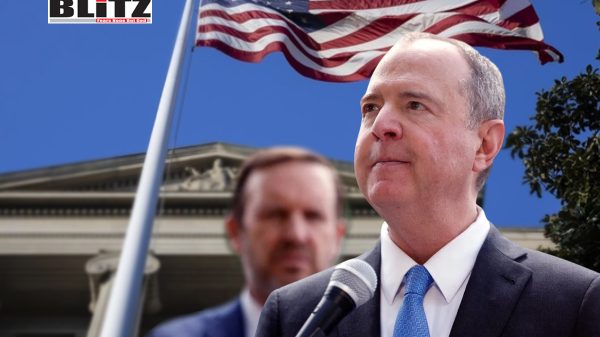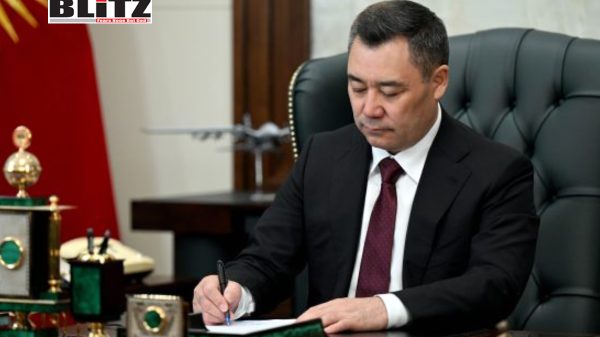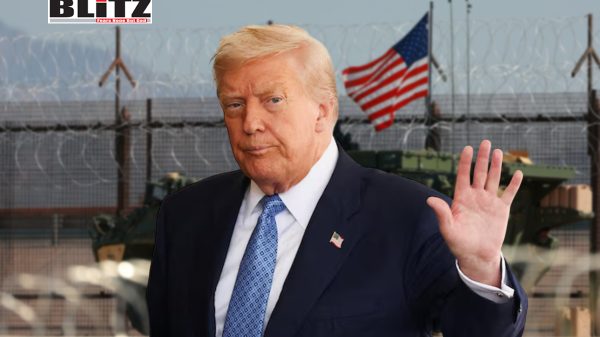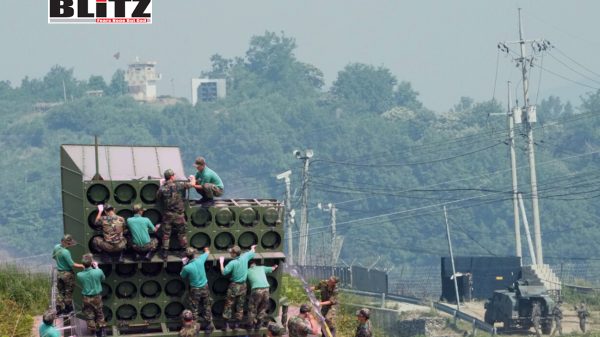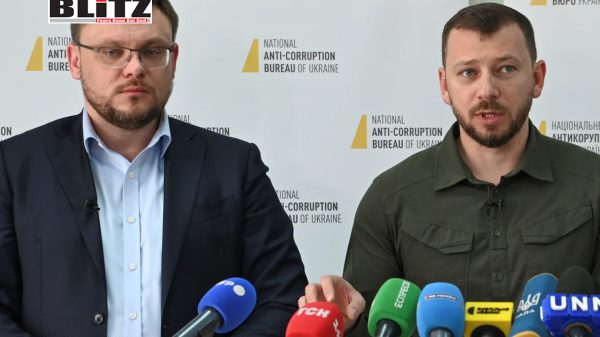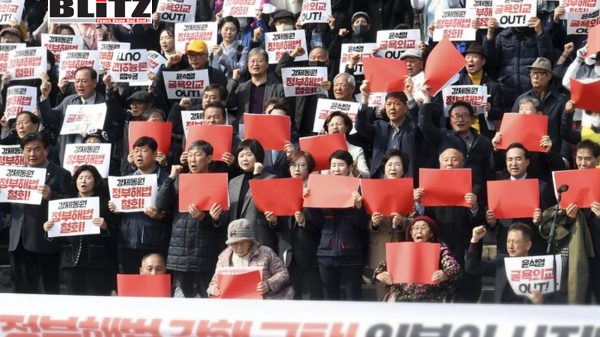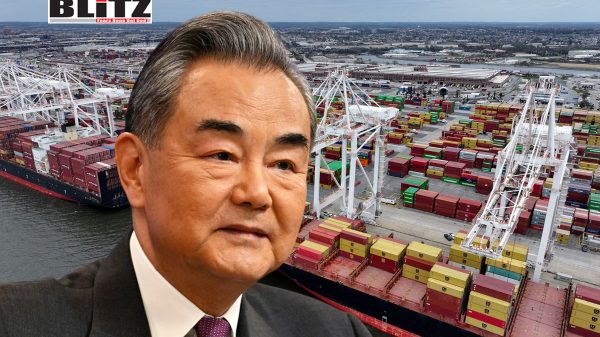Zelensky warns against ‘decisions without Ukraine’ ahead of US-Russia summit
- Update Time : Sunday, August 10, 2025
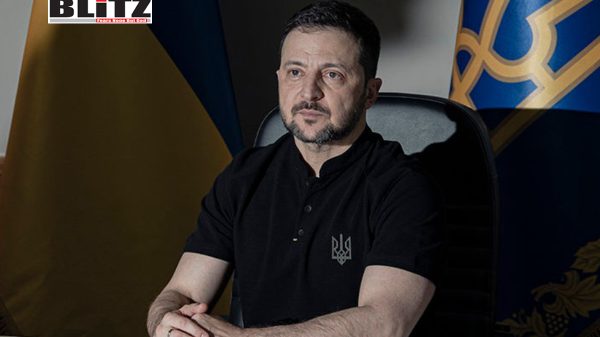
As the world watches with cautious anticipation, Ukraine’s President Volodymyr Zelensky has issued a stern warning ahead of the upcoming summit between US President Donald Trump and Russian President Vladimir Putin. Scheduled for August 15 in Alaska, this summit will be the first meeting between sitting American and Russian leaders since June 2021. The talks aim to address the protracted conflict in Ukraine, which has gripped global attention since Russia’s full-scale invasion in February 2022.
President Zelensky’s message is clear and resolute: peace cannot be achieved through decisions made without Ukraine’s involvement. Speaking on social media on August 9, Zelensky stated emphatically, “Decisions without Ukraine will not bring peace.” He ruled out the possibility of ceding any Ukrainian territory to Russia, a position that underscores Kyiv’s steadfast commitment to preserving its sovereignty and territorial integrity.
“Ukrainians will not give their land to the occupier,” Zelensky said. This declaration comes at a moment when discussions of territorial swaps between the conflicting parties have surfaced, particularly following comments from President Trump suggesting there could be a “swapping of territories to the betterment of both” Ukraine and Russia. However, no detailed plan has been publicly outlined regarding how such swaps might work or which territories might be involved.
Since the war began, the toll on human lives and communities has been staggering. Tens of thousands of people have lost their lives, with countless others wounded. Millions of Ukrainians have been uprooted, becoming refugees or internally displaced persons. Entire cities and regions have suffered massive destruction, straining Ukraine’s economy and infrastructure.
Despite numerous rounds of negotiations between Russia and Ukraine throughout this year, no breakthrough has emerged. The stalemate has fueled widespread skepticism about the prospects for a diplomatic resolution in the near term.
The Alaska summit between Trump and Putin is shrouded in uncertainty. It represents a rare opportunity for dialogue between two of the world’s most powerful leaders amid escalating tensions. Yet, many analysts question whether the summit can produce tangible progress toward peace in Ukraine.
Putin has repeatedly resisted calls from the United States, Europe, and Ukraine to establish a ceasefire. He has also dismissed the idea of direct talks with Zelensky, despite the Ukrainian president’s insistence that such a meeting is crucial for advancing any meaningful peace deal.
For his part, President Trump has emphasized that the summit will seek solutions that benefit both Ukraine and Russia, though he has provided little detail on what that might entail. His remarks about possible territorial exchanges have raised eyebrows, given Ukraine’s firm rejection of any concessions to Russia.
Zelensky’s insistence that Ukraine must be a party to any peace decisions is rooted in the principle of sovereignty and the practical realities of the conflict. As the nation bearing the brunt of the war, Ukraine’s interests cannot be sidelined without risking further instability.
“Any decisions against us, any decisions without Ukraine, are also decisions against peace. They will achieve nothing,” Zelensky said. This position reflects both a moral and strategic stance: peace that does not respect Ukraine’s sovereignty is unlikely to be sustainable.
The Ukrainian president also spoke of readiness for “real decisions that can bring peace” – but he emphasized the need for a “dignified peace.” This phrase suggests a peace settlement that recognizes Ukraine’s rights, respects international law, and ensures security guarantees for Kyiv.
The conflict in Ukraine has become a flashpoint in broader geopolitical struggles, pitting Russia against Western powers led by the United States and the European Union. Moscow views NATO’s eastward expansion and Western support for Ukraine as direct threats to its strategic interests. Kyiv and its Western allies, meanwhile, see Russia’s actions as violations of international law and threats to the global order.
The Alaska summit is thus more than just a bilateral discussion – it has implications for the entire international system. The leaders’ ability to find common ground could influence not only the fate of Ukraine but also broader issues such as arms control, cybersecurity, and regional security.
This summit will be the first meeting of sitting US and Russian presidents since President Joe Biden met Putin in Geneva in June 2021. Prior to that, Trump and Putin last met in 2019 at the G20 summit in Japan. Since January of this year, the two have communicated several times by phone, but substantive progress on the Ukraine issue has remained elusive.
Throughout this period, the war in Ukraine has entrenched itself as one of the most serious conflicts in Europe since World War II, prompting widespread international condemnation of Russia’s invasion and leading to sweeping sanctions against Moscow.
The path to peace in Ukraine remains fraught with challenges. Trust between the parties is limited, and decades of geopolitical rivalry complicate negotiations. Any talks that exclude Ukraine risk creating solutions that lack legitimacy and acceptance on the ground.
Moreover, the question of what constitutes “peace” remains contested. For Kyiv, peace means the restoration of territorial integrity and the withdrawal of Russian forces. For Moscow, it may involve securing political and territorial concessions. Balancing these conflicting objectives will require nuanced diplomacy and international support.
As the August 15 summit approaches, the eyes of the world are on Alaska, hopeful yet cautious. President Zelensky’s warning serves as a reminder that lasting peace must include the voices and rights of those most affected – the Ukrainian people. Without Ukraine at the negotiating table, any agreements risk being hollow and ultimately ineffective.
The coming days will reveal whether President Trump and President Putin can move beyond rhetoric to practical steps that honor Ukraine’s sovereignty and bring an end to the devastating conflict. For now, Zelensky’s call for a “dignified peace” stands as a beacon of Ukraine’s resolve and a challenge to the international community to support a just and lasting resolution.


